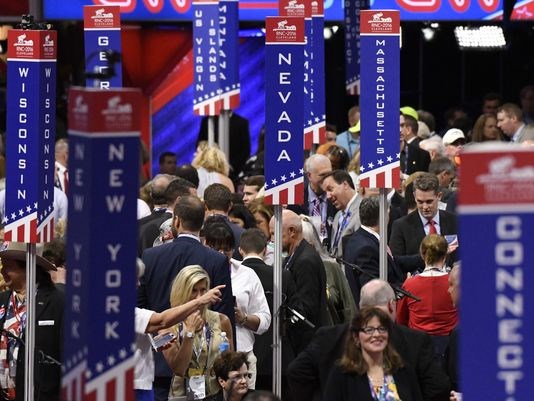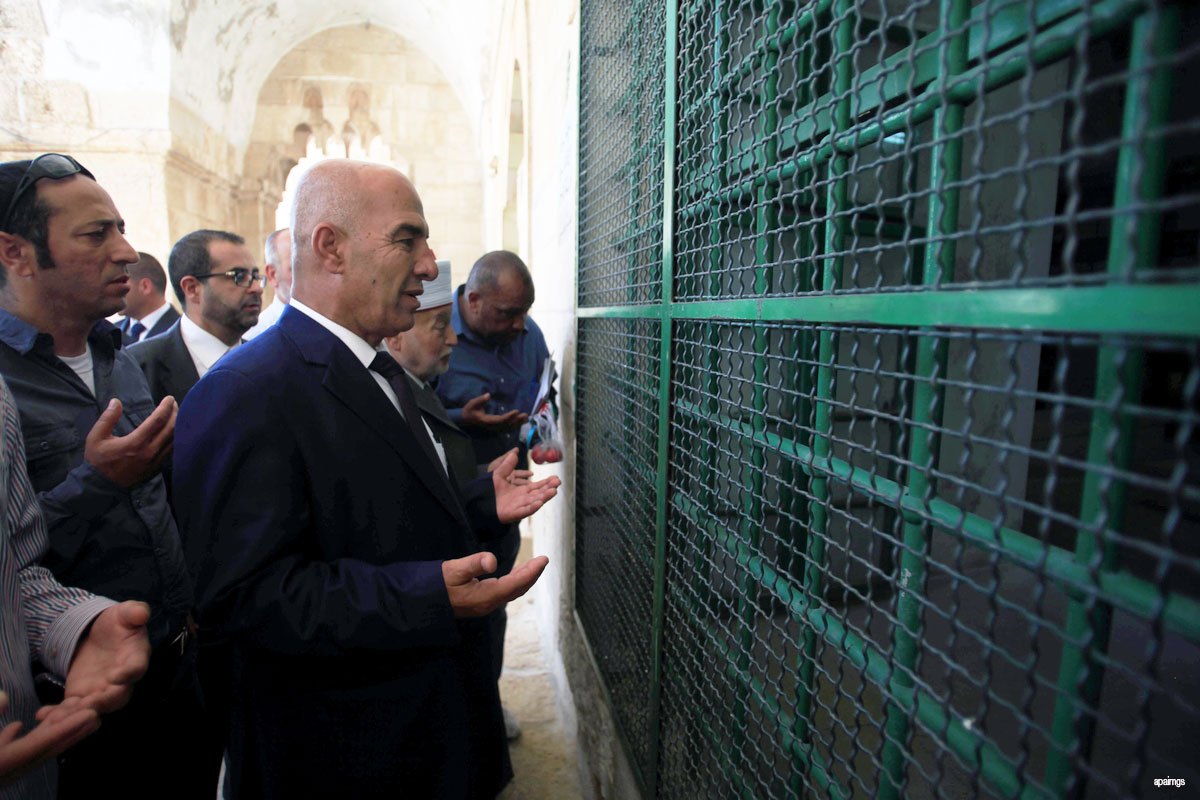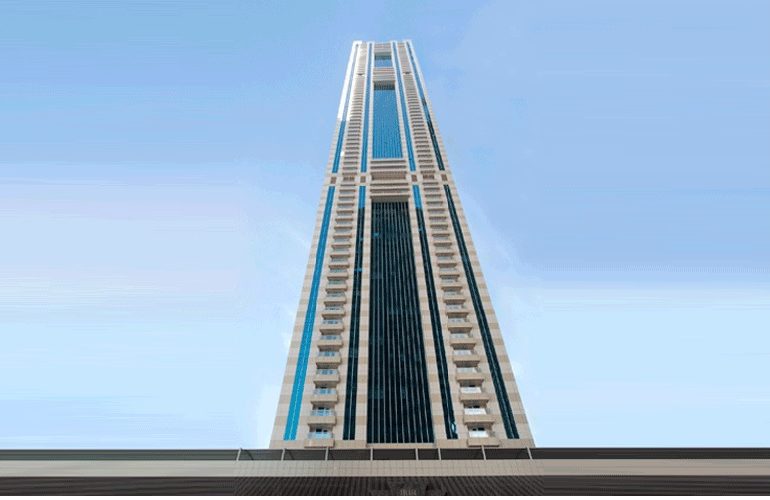Los Angeles skyscraper to get external glass slide 1000 feet up
Mar 05, 2016
There are also plans to open a restaurant on the tower's 71st floor, but when that will happen is, at this time, unannounced. The enclosed slide will be 46-feet-long, four feet wide and, "made entirely with one and one quarter inches thick glass".
Microsoft starts pushing phone firmware updates to Windows 10 Insiders
Mar 05, 2016
After enjoying an explosive growth rate in the month of January, the number of new users upgrading to Windows 10 has decreased. Separately, Microsoft said that firmware updates will be "live" for Windows Insiders on Windows 10 Mobile starting tomorrow.
Assad Tells Putin His Government Will Help with Syria Ceasefire
Mar 05, 2016
It said the armed forces reserved the right to respond to any attack by opposition groups. For latest news on mobile and tablet, download IndiaTV Android app and iOS app .
City police take on school officer video probe
Mar 05, 2016
Karl Perry, the chief school supports officer, said, "I'm a parent, and I'm totally appalled at what I saw in that video". 'Dr. In a statement Friday, the school system said it had scheduled an interview with the young man and his parents.
Man City need nine more wins for chance of title - Manuel Pellegrini
Mar 05, 2016
He told a news conference: "Don't ask me about thinking in a negative way because I never do it. It's not in my mind thinking about that at this moment [missing out on the Champions League]".
Whole Foods pulls pre-peeled oranges off shelves after Twitter backlash
Mar 05, 2016
While the store might've thought the items were convenient for customers, Gordon had a different take. Later Thursday, Whole Foods responded to Gordon and said they would be pulling the product.
North Korea presents detained American to media
Mar 05, 2016
The 21-year-old college student was arrested in January 2 as he was preparing to leave the country at the end of a tour. Warmbier said he accepted the offer of money because his family is "suffering from very severe financial difficulties".
Chase Budinger Agrees To Buyout With The Indiana Pacers
Mar 05, 2016
If the Celtics wanted Lawson and he agreed to signing a minimum contract with Boston, he would not get much playing time. After getting bought out by the Houston Rockets, indications are that Ty Lawson could be heading to the Indiana Pacers.
The future is now with Audi's SQ7
Mar 05, 2016
The exterior differentiator from the regular Q7 is a new grille with bumper and mirror housing with quad exhaust tips at the rear. Brown leather and copper-woven carbon-fiber trim are among the many upgrades, including a 1920-watt Bang & Olufsen audio system.
Bond surprise of job creation in the US
Mar 05, 2016
Wages fell (http://www.marketwatch.com/story/job-gains-strong-but-wages-intractable-problem-economists-say-2016-03-04). Educational services added 28,200 jobs in February, but most of this gain reversed a sharp fall reported for January.
Allardyce admits Sunderland have been 'let down' by disgraced Johnson
Mar 05, 2016
Sunderland rejected that claim, saying: "During the time that she (Byrne) was present there was no suggestion whatsoever that Mr. The trial heard that the 15-year-old girl was a season-ticket holder at Sunderland and regarded Johnson as "her absolute hero".
Football star found guilty of child sex
Mar 05, 2016
She said there was nothing in law to stop Johnson playing football again because he was not coming into direct with children. The 28-year-old continued to play for the club until his sacking shortly after his guilty pleas at Bradford Crown Court.
Curry has 51, hits 3-pointer in record 128th straight game
Mar 05, 2016
The Magic were led by guard Evan Fournier with 20 points, but he managed just three in the second half when the game was decided. The Magic did some good things, but it was all overshadowed by Curry's big night. "I know right away if it has a chance or not".
Romney brands Donald Trump 'a phoney, a fraud'
Mar 05, 2016
He was also dismissive of Mr Romney's criticisms, describing him as a failed candidate who once begged for Mr Trump's endorsement. Superdelegates are only a factor when it comes to the Democratic race because Republicans don't have them.
Italians kidnapped in Libya may have been killed
Mar 05, 2016
Earlier, the official reported that 46 members of local brigades had lost their lives in clashes with militants since last week. Libya descended into chaos since the 2011 Nato-led military campaign that overthrew Colonel Muammar Gaddafi.


